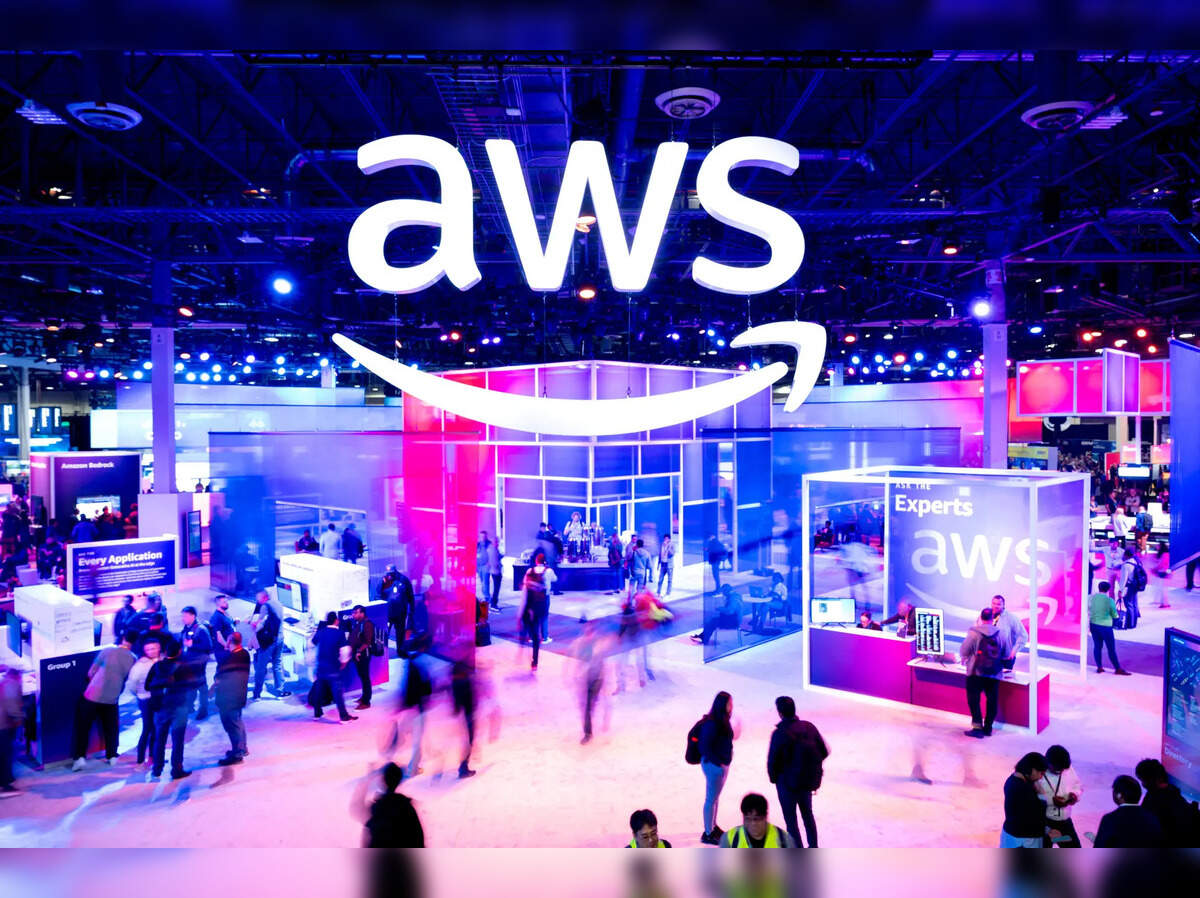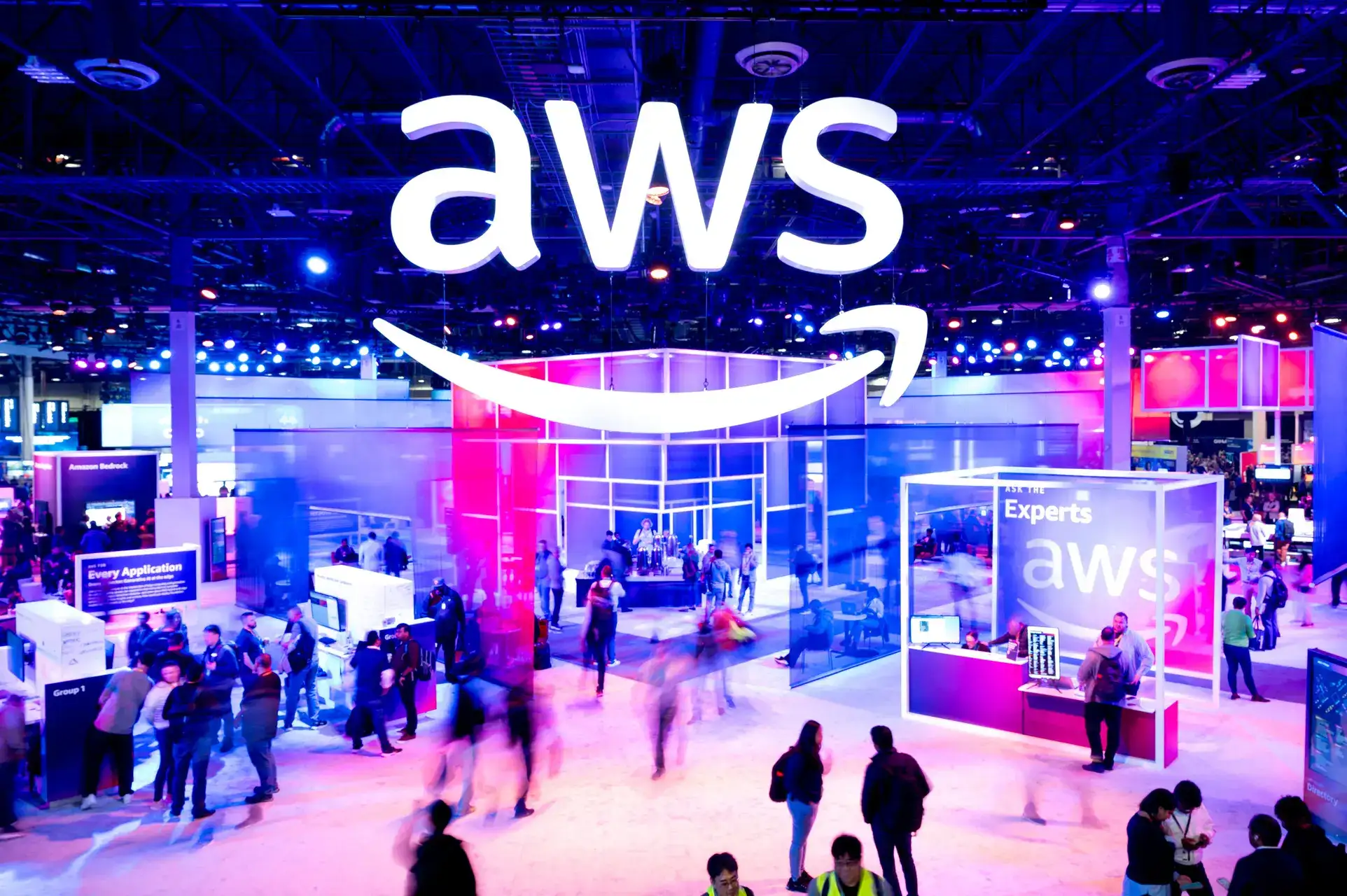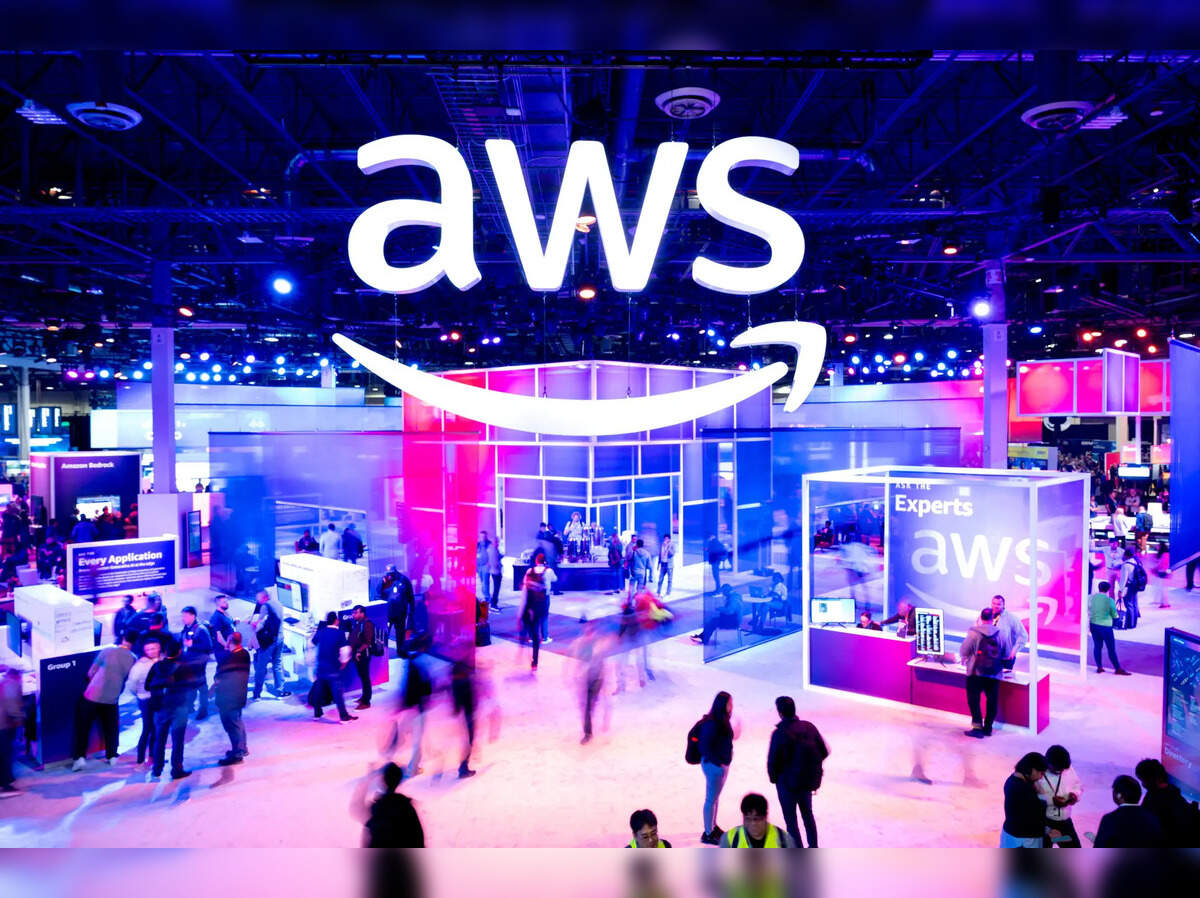A Business Insider report on Thursday revealed that Jamie Siminoff, the founder of Ring, announced that promotion applications within the organisation must include data on employees’ AI usage at work.
An internal email stated that employees are also required to attach or cite specific AI projects they have worked on, along with measurable outcomes.
Managers must also report how AI tools were leveraged at work to boost productivity at scale, which could potentially reduce the company’s headcount.
A Ring spokesperson clarified in the report that these changes currently apply only to Amazon’s RBKS employees (Ring, Blink, Key, and Services), not to the rest of the company.
Amazon’s AI-led growth
Siminoff rejoined Amazon in April after a two-year hiatus, with a mission to promote “innovative thinking” and enhance speed and efficiency in the workplace.
Upon his return, Siminoff hinted at plans to leverage AI and innovation. “The AI transformation happening right now is a once-in-a-generation opportunity, and I think we’re super well positioned with helpful and practical AI features like Smart Video Search. It’s just the start here—we’re just scratching the surface of what we can do with AI—and I look forward to digging into this with the team even more,” he said.
He also shared his vision after his return to the company. “Invention is my true passion—I love looking at what we can invent for our neighbors, which is what I’ve always called our customers.”
“I tend not think in terms of, ‘in X years, we’re going to build this.’ Instead, I try to think about finite truths,” he added.
Ring, founded fourteen years ago by Siminoff, is best known for inventing the video doorbell—a device that lets homeowners see, hear, and speak to visitors remotely using live video and two-way audio via a smartphone.
Siminoff also oversees other Amazon units such as Blink, the in-home and in-garage delivery service Amazon Key, and the Sidewalk team, which extends the range and connectivity of smart devices like Echo.
AI replacing humans
As AI becomes deeply integrated across industries, some tech leaders are pushing the boundaries. Last month, Amazon CEO Andy Jassy told employees that AI would gradually reduce the corporate workforce as more AI tools and agents are deployed throughout operations.
The note did not outline which teams or roles would be affected. Amazon employs over 1.56 million people globally. Earlier this year, the ecommerce major said it plans to cut 14,000 managerial positions globally by early 2025 as part of a broader effort to reduce costs and improve operational efficiency.
The broader picture
In the last two years, large technology players have been acquiring AI startups for their technology teams. Microsoft paid $650 million in a licensing deal to Inflection AI, whose cofounder Mustafa Suleyman is now heading Microsoft AI. In a similar licensing deal, Amazon hired AI startup Adept cofounder David Luan and others who joined Amazon’s AGI team.
In May, ET reported that Klarna CEO Sebastian Siemiatkowski and Zoom’s Eric Yuan are among the first to experiment with AI versions of themselves for public-facing presentations.
At Klarna, an AI-powered avatar of Siemiatkowski handled most of the fintech firm’s recent earnings call — with only subtle giveaways, such as a slightly out-of-sync voice, hinting that it wasn’t the real CEO.




